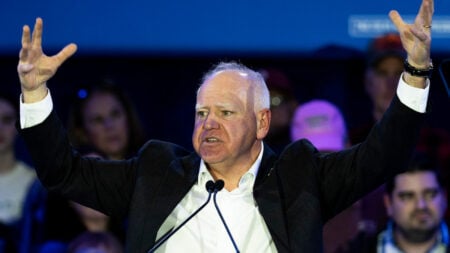Facebook is back online, alongside its suite of apps; Instagram and WhatsApp. The social media platforms had been offline for over 5 hours, disrupting businesses, social interactions, and the digital economy.
The platform is yet to officially communicate the cause of the error that caused the social media blackout.
Although the company kept mum about the cause of the blackout, the services tried to dispel customer’s worries by confirming the discrepancy. WhatsApp had updated users through its official Twitter account. “We’re aware that some people are experiencing issues with WhatsApp at the moment. We’re working to get things back to normal and will send an update here as soon as possible,” it said.

Instagram also did the same, calling on customers to exercise patience in the wake of the blackout. “Instagram and friends are having a little bit of a hard time right now, and you may be having issues using them. Bear with us, we’re on it, “ the platform said on its Twitter account. Policy Communications Manager at Facebook Andy Stone also informed users that the controversial company was working on getting the platforms back online.
“We’re aware that some people are having trouble accessing our apps and products. We’re working to get things back to normal as quickly as possible, and we apologize for any inconvenience,” Stone said.
Meanwhile, Twitter used the opportunity to woo Facebook’s customers, tweeting “hello literally everyone” from its official account.
Various outlets also reported that the shutdown of the popular social media platforms had cost the global economy millions. NetBlocks, which tracks internet outages and their impacts, places the cost on the economy at $160m. Facebook also fell 5.5 percent in afternoon trading on Monday. This means that the personal fortune of CEO Mark Zuckerberg—who owns a 14 percent stake—saw his wealth plummet by nearly $7bn. Facebook’s Monday blackout is one of the worst in the company’s history. The last time a problem of this magnitude occurred was March 2019, which saw the platform record wide-scale outages that took 24 hours to resolve.






